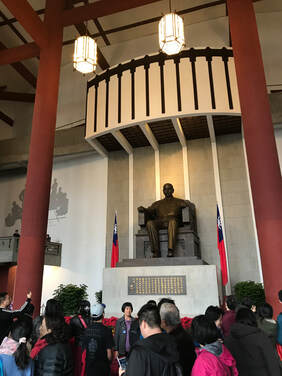 Sun Yat-sen still looms large in Taiwan.
Sun Yat-sen still looms large in Taiwan. The similarities seem obvious. Like Ukraine, Taiwan faces an existential threat from one of Eurasia’s great autocratic powers, and it is also a Western-oriented democracy that the United States has an interest in keeping free from coercion. Both Ukraine and Taiwan are being framedas critical test cases of America’s willingness to uphold global norms against the use of military force to seize territory. Some observers have even gone so far as to argue that their fates will be linked: a failure to respond to military action against Ukraine would weaken American credibility and invite an attack on Taiwan by the People’s Republic of China.
Put simply, this is lazy analysis. In the current geopolitical moment, the differences between Ukraine and Taiwan are far more important than their similarities — and linking together the security threats that the two countries face can make both situations worse. The United States should not continue to divert limited resources away from the Indo-Pacific, where the military balance is shifting in China’s favor over the next decade, to a region that is both less crucial to American interests and where the balance of power is more advantageous to Washington. U.S. prioritization, not reputation, is what really matters for Taiwan’s security.
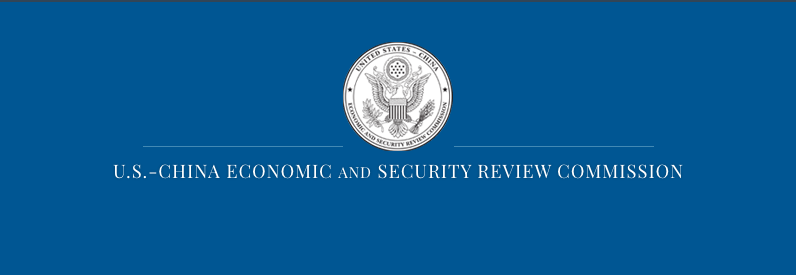
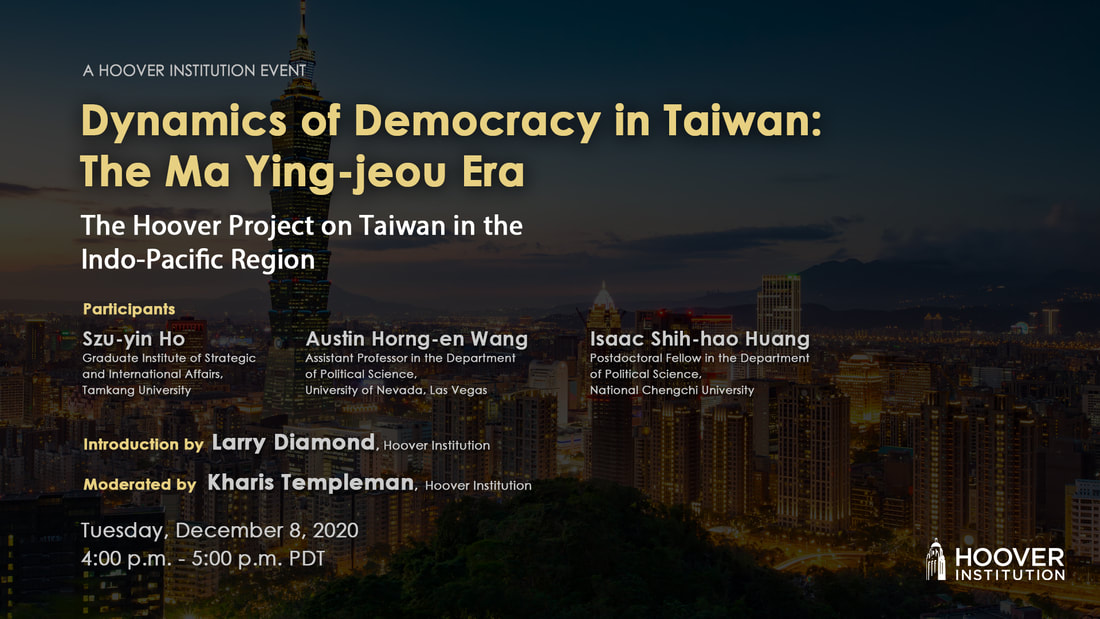
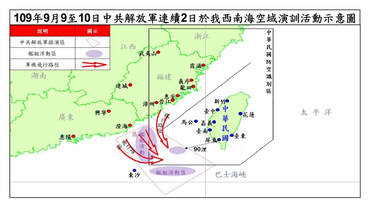



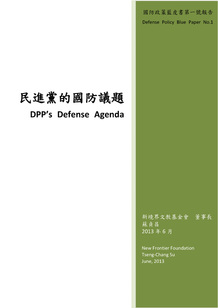

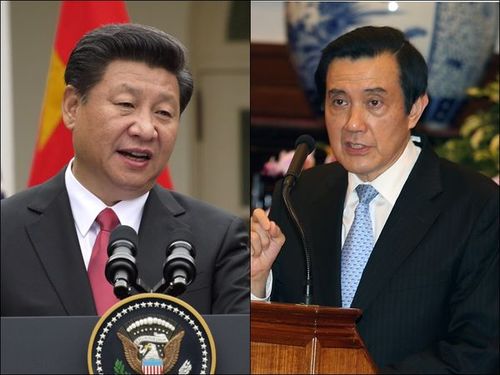
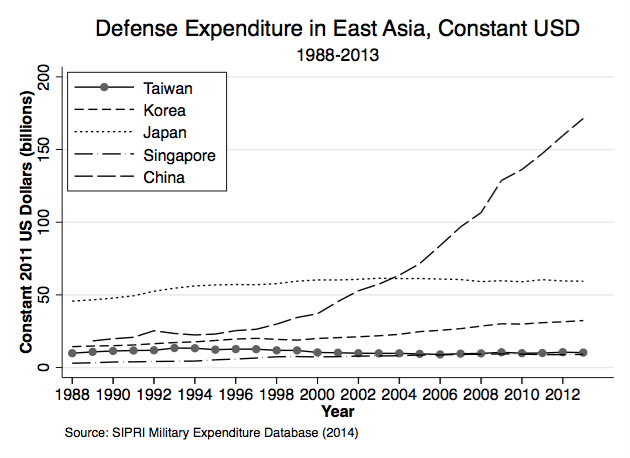
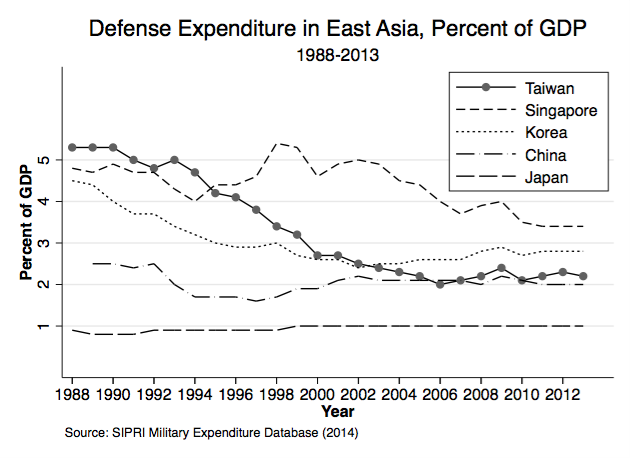
 RSS Feed
RSS Feed
